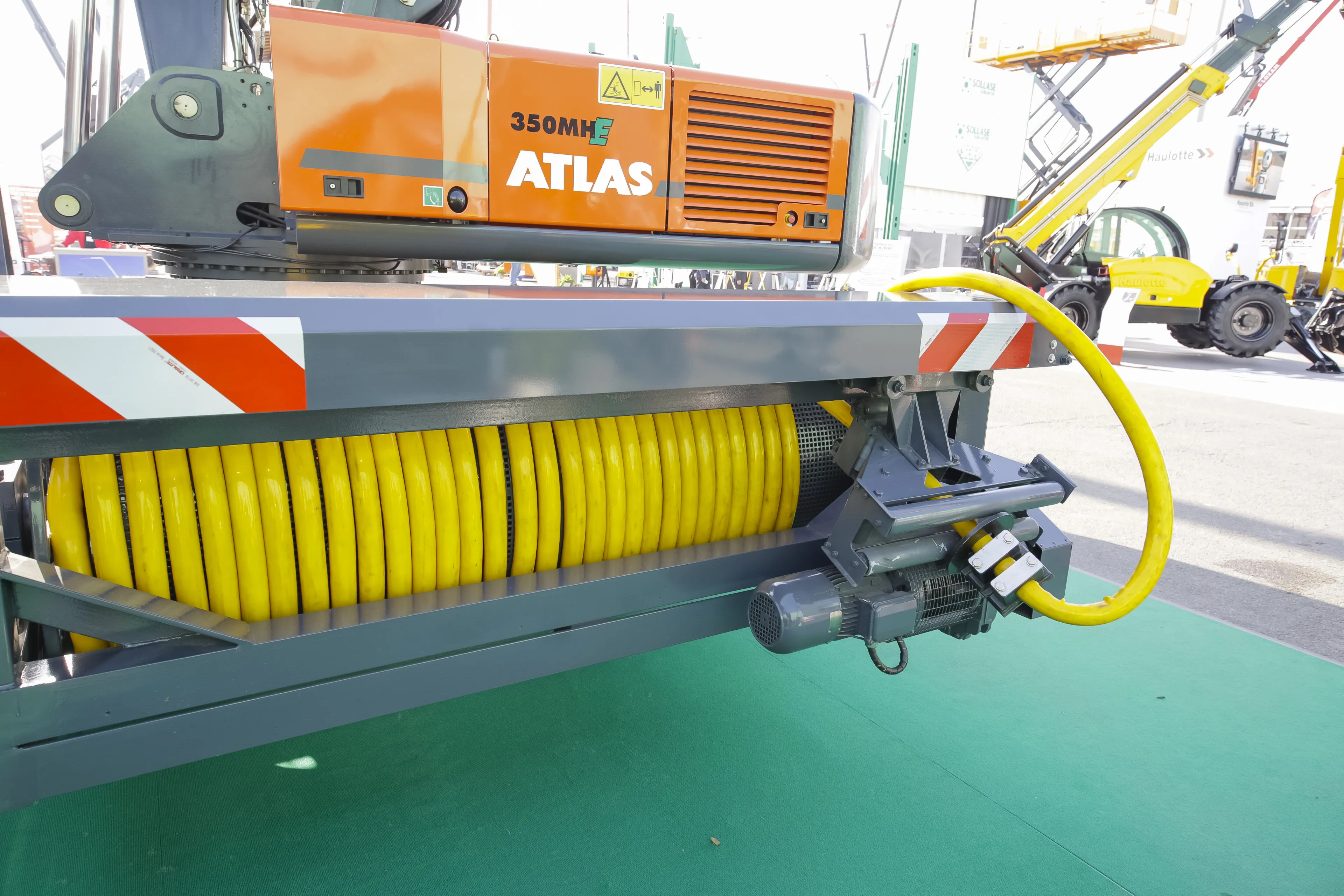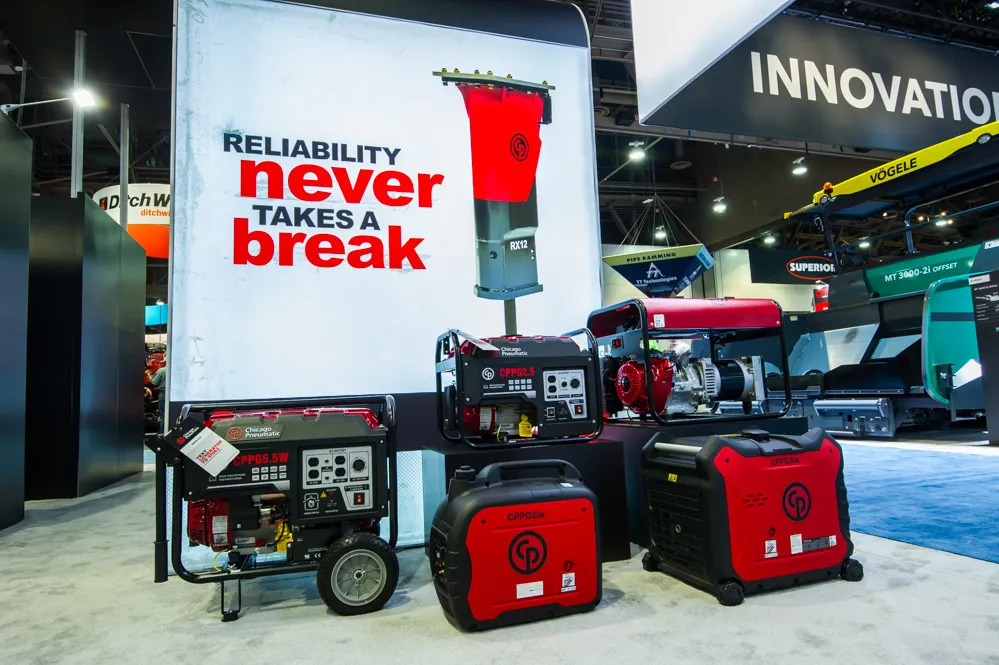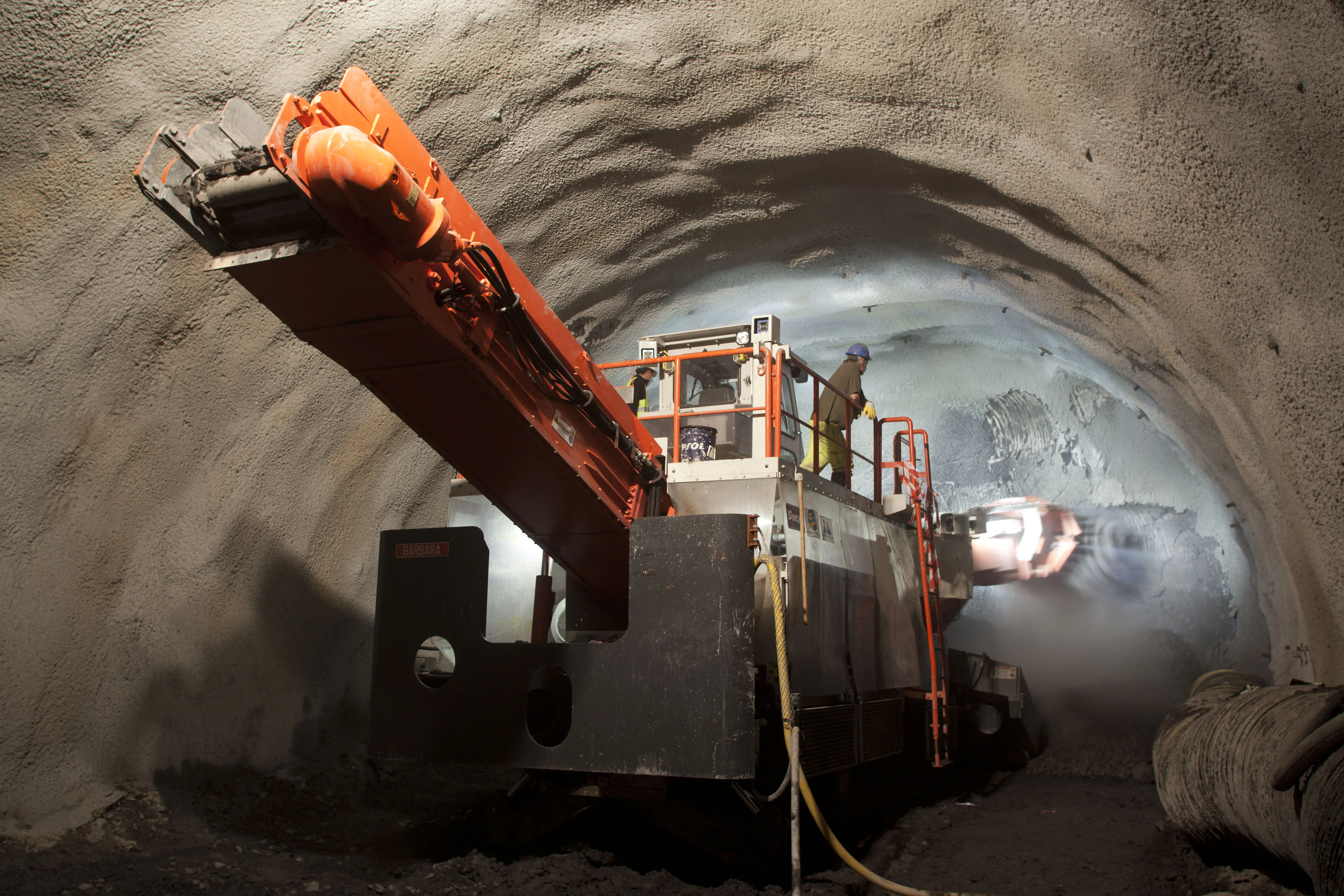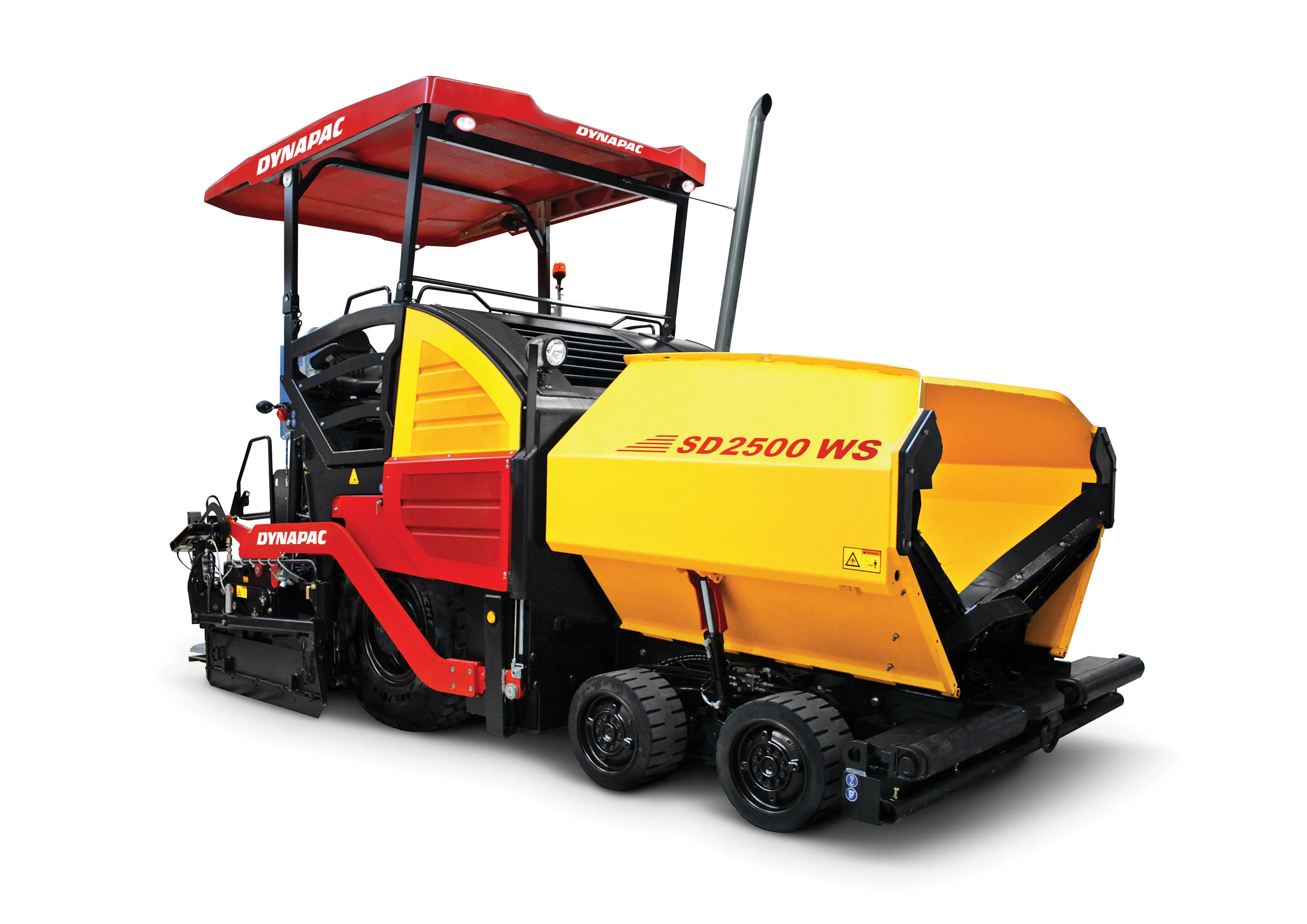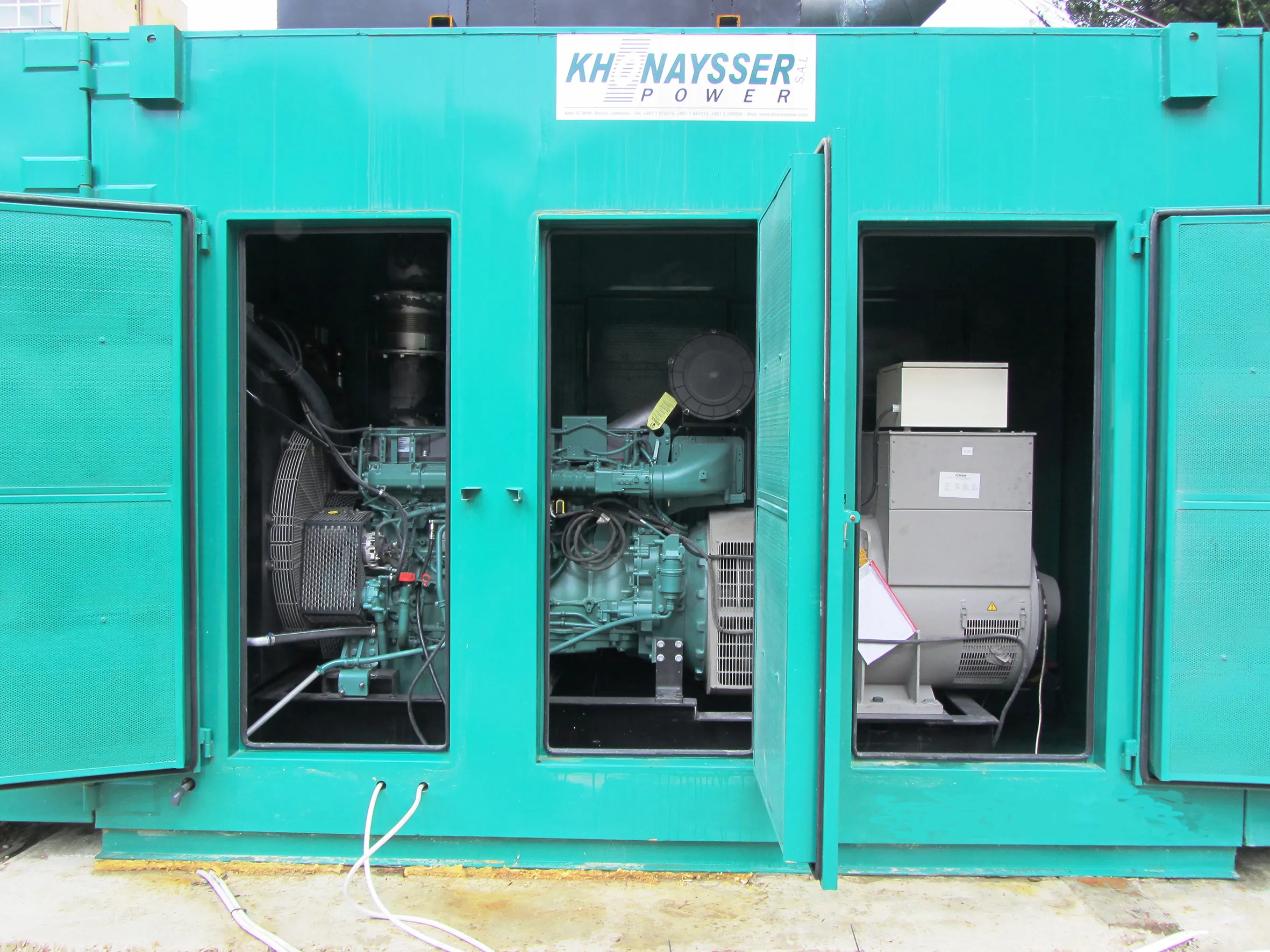
When Lebanese electricity supply company Ishtirak El Hassan needed additional power sources to keep up with demand, it was eager to field-test the new genset from Khonaysser Motors. With an unstable mains electricity supply, Lebanon is frequently subjected to power cuts. To ease the burden, Ishtirak El Hassan uses gensets to produce electricity for a range of customers including small companies. The company began field-testing the new genset equipped with
The gensets need to be able to operate for up to 24 hours continuously, and more than 6,500 hours/year. Ishtirak El Hassan needed a genset with a high-performance engine, and the 16litre TWD1645GE has a high power density for its class.
Because the unit performed so well, the customer opted to buy one of the engines once the test period was complete. The Middle East is a big market for gensets due to difficulties in the supply of mains electricity. According to Beirut-based Khonaysser Motors, the engines have performed well and the dual-circuit cooling system is perfectly adequate for the local climatic conditions. Since the tests were completed, the firm says it has supplied several of the generator sets to customers. Key features of the new engine include its ability to cope with harsh environments, its compact design and low fuel consumption.


